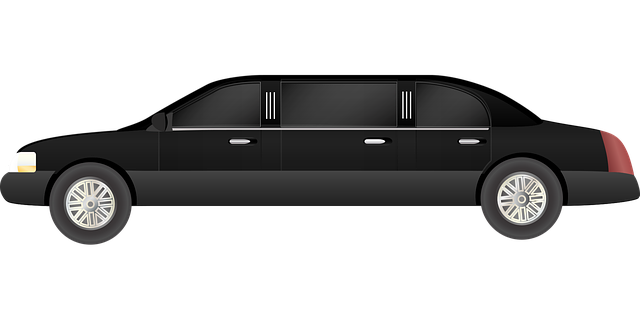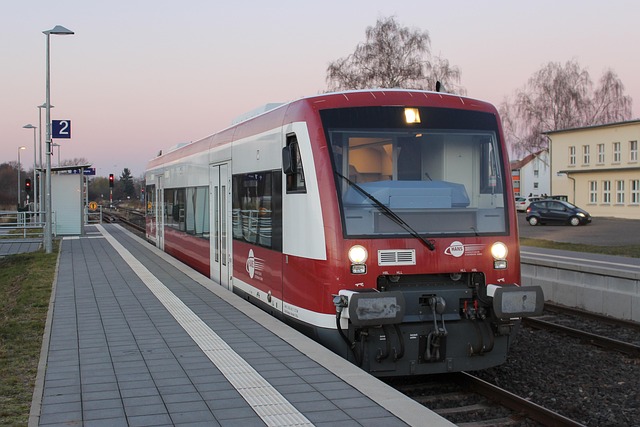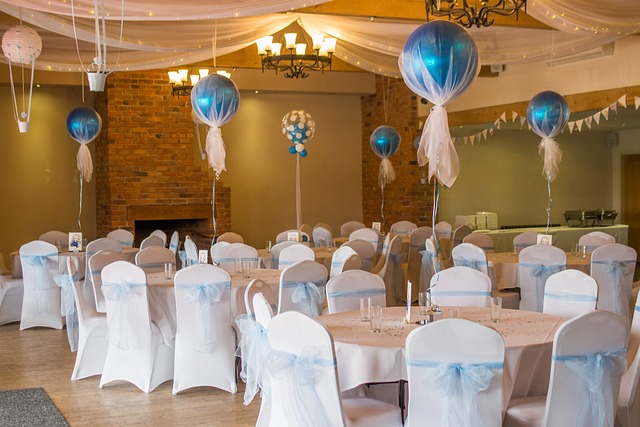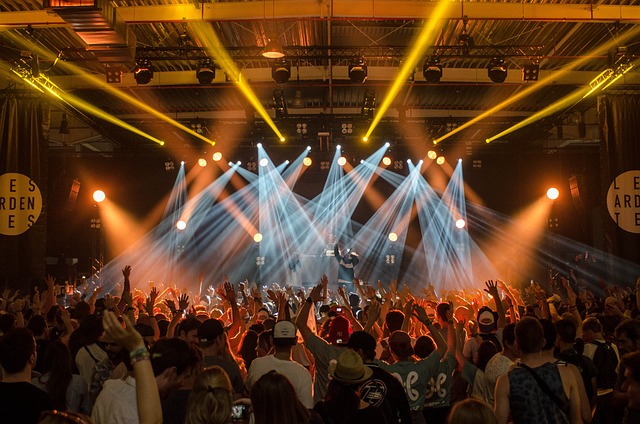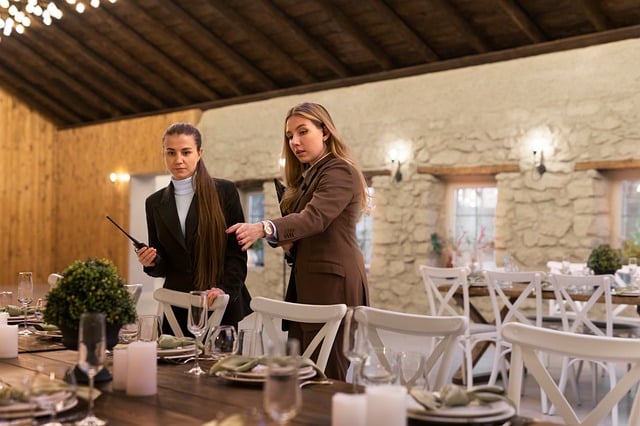Event Planning for Local Businesses succeeds by identifying community needs through surveys, focus groups, or discussions. Understanding demographics guides tailored event programming that appeals to specific interests and preferences, ensuring maximum resident engagement and goodwill. Pre-event audience research using both broad surveys and in-depth focus groups is crucial for designing relevant, well-attended events that strengthen business-community relationships.
In today’s competitive landscape, successful local businesses understand the value of community outreach events. By aligning event concepts with community needs and interests, businesses can foster engagement, build relationships, and leave a lasting positive impact. This comprehensive guide, tailored for event planning professionals and local businesses, explores key strategies to create meaningful experiences that resonate with audiences. From identifying community preferences to promoting successful events, discover how to elevate your outreach efforts and drive tangible results.
- Identifying Community Needs and Interests
- – Researching local demographics and community preferences
- – Conducting surveys and focus groups to gather feedback
Identifying Community Needs and Interests

Identifying the community’s needs and interests is a crucial step in successful event planning for local businesses. This process involves engaging with residents, understanding their priorities, and recognizing gaps in existing services or activities. Through surveys, focus groups, or informal discussions, organizers can gather insights on what matters most to the community—be it cultural events, educational workshops, health initiatives, or environmental awareness campaigns.
By aligning event themes and activities with these identified needs and interests, businesses can foster a sense of belonging and connection within their local area. This strategic approach ensures that events are relevant, well-attended, and have a lasting positive impact on the community, ultimately strengthening relationships between businesses and residents.
– Researching local demographics and community preferences

When planning community outreach events, understanding your local demographics and community preferences is a cornerstone of successful event planning for local businesses. By delving into data on age groups, cultural backgrounds, interests, and economic status, organizers gain valuable insights into who will attend and what types of activities resonate with them. This demographic analysis allows for tailored programming that addresses the specific needs and interests of the community.
For instance, a business planning an outreach event in a diverse neighborhood might choose to incorporate culturally relevant performances, food options, and educational workshops to ensure broad appeal. Similarly, understanding community preferences guides the selection of event locations, timing, and promotional strategies, ensuring maximum participation and engagement from residents. Event planners can leverage this knowledge to create meaningful connections with the community, fostering goodwill and enhancing the reputation of local businesses.
– Conducting surveys and focus groups to gather feedback
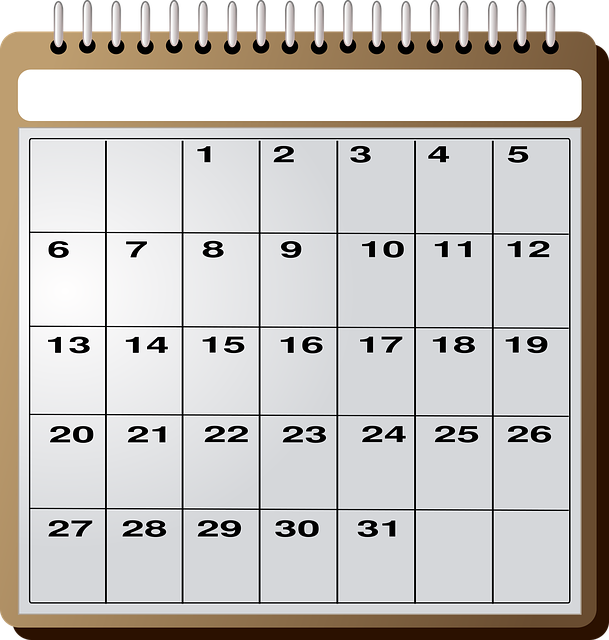
Before designing any community outreach events, it’s crucial to understand the needs and preferences of your target audience. This is where surveys and focus groups come into play as powerful tools for event planning for local businesses. By conducting these sessions, you can gather valuable feedback that informs the type of activities, formats, and locations most appealing to the community.
Surveys allow for a broader reach, enabling you to collect data from a diverse range of participants. Meanwhile, focus groups facilitate in-depth conversations, providing insights into people’s motivations, expectations, and concerns. This dual approach ensures that your outreach events are not just well-attended but also highly relevant and engaging for the local community, fostering stronger connections between businesses and their neighbors.
By understanding the needs and interests of their communities, local businesses can effectively plan outreach events that foster engagement, build relationships, and ultimately drive growth. Through comprehensive research, including demographic analysis and direct feedback from surveys and focus groups, event organizers can create meaningful experiences tailored to resonate with attendees. This strategic approach not only enhances community ties but also positions local businesses as active contributors to their neighborhoods’ well-being, ensuring long-term success in Event Planning for Local Businesses.
